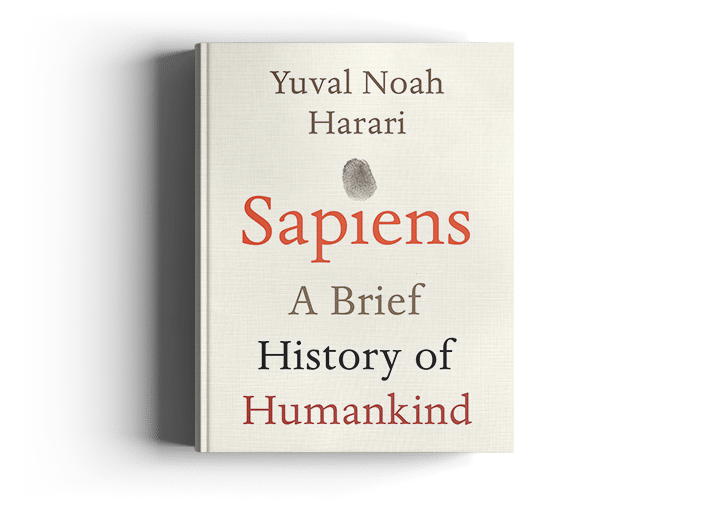If you’ve spent any time around me lately, you’ve probably heard me talk about Yuval Noah Harari’s “Sapiens.” It’s a book that makes you look at humanity through an entirely different lens. While I found it brilliant overall, there are some points where I think Harari’s arguments could use a friendly challenge.
The Success Question
One of the most thought-provoking parts of the book is when Harari questions our definition of success. He points out that while humans have dominated the planet in terms of population and influence, this doesn’t necessarily mean we’re the most “successful” species. From a pure happiness perspective, maybe your average hunter-gatherer had a better deal than today’s office worker.
Measuring Happiness
Here’s where I respectfully disagree with Harari. He argues that happiness is too subjective and difficult to measure reliably.
The reality is that different methods of measuring happiness – from simple satisfaction surveys to complex psychological assessments – tend to show high correlations with each other. This indicates that people in general, know pretty well how happy they are.
The “Exception That Proves the Rule”
One pattern I noticed throughout the book was Harari’s tendency to use the phrase “the exception that proves the rule.” As a critical thinker, this particular rhetorical started to stick out. It’s often used as a convenient way to acknowledge contradicting evidence without really engaging with it.
What Makes This Book Special
Despite these critiques, “Sapiens” remains one of the most engaging books I’ve read recently. Harari’s ability to weave together biology, anthropology, economics, and psychology into a coherent narrative about human development is remarkable. He challenges our assumptions about progress, society, and happiness in ways that spark genuine reflection.
The book excels at:
- Making complex historical concepts accessible without oversimplifying them
- Challenging our preconceptions about human progress
- Connecting historical patterns to modern-day phenomena
- Encouraging critical thinking about our society’s direction
What did you think of “Sapiens”?
I listen to ”Sapiens” on Spotify and Audible. In this blog post, I wrote down the best deals for audiobooks.


Leave a Reply